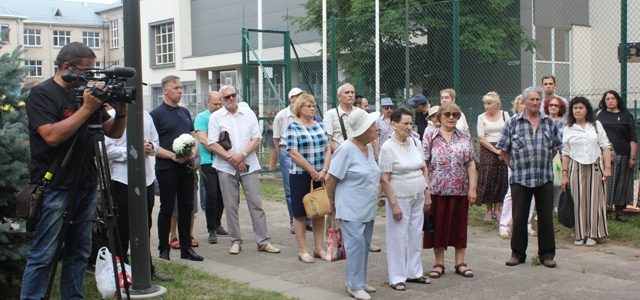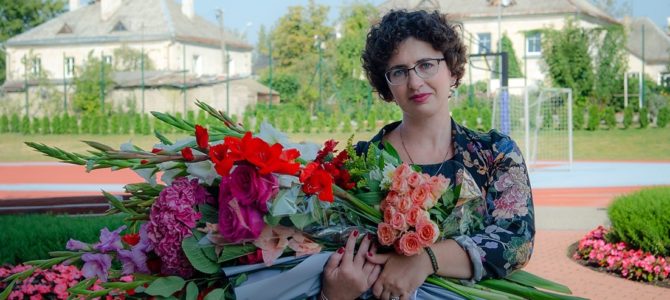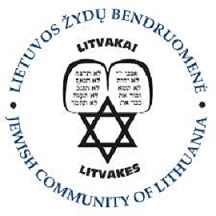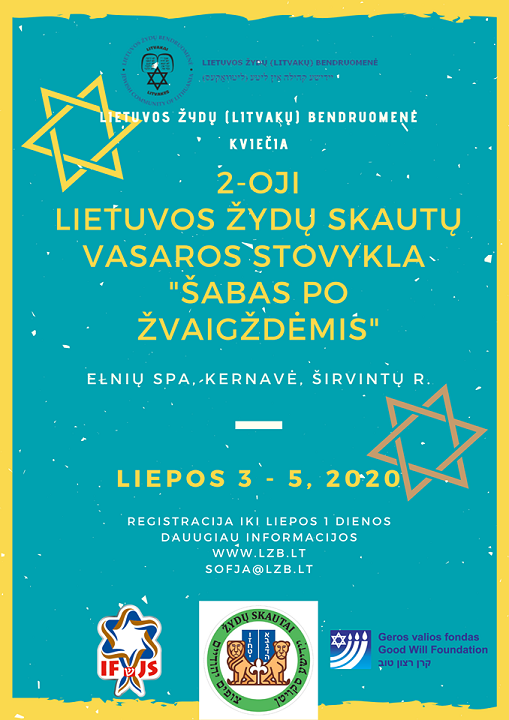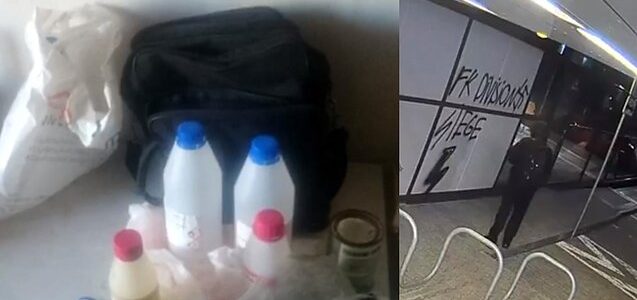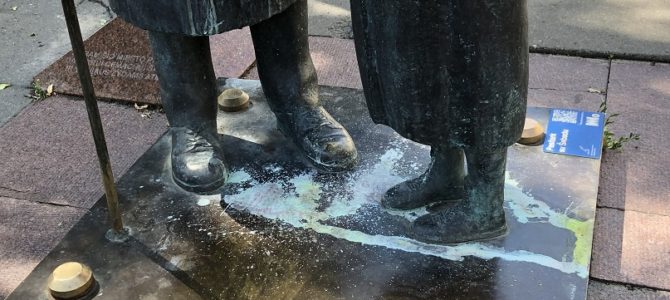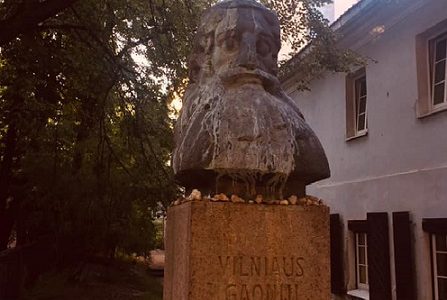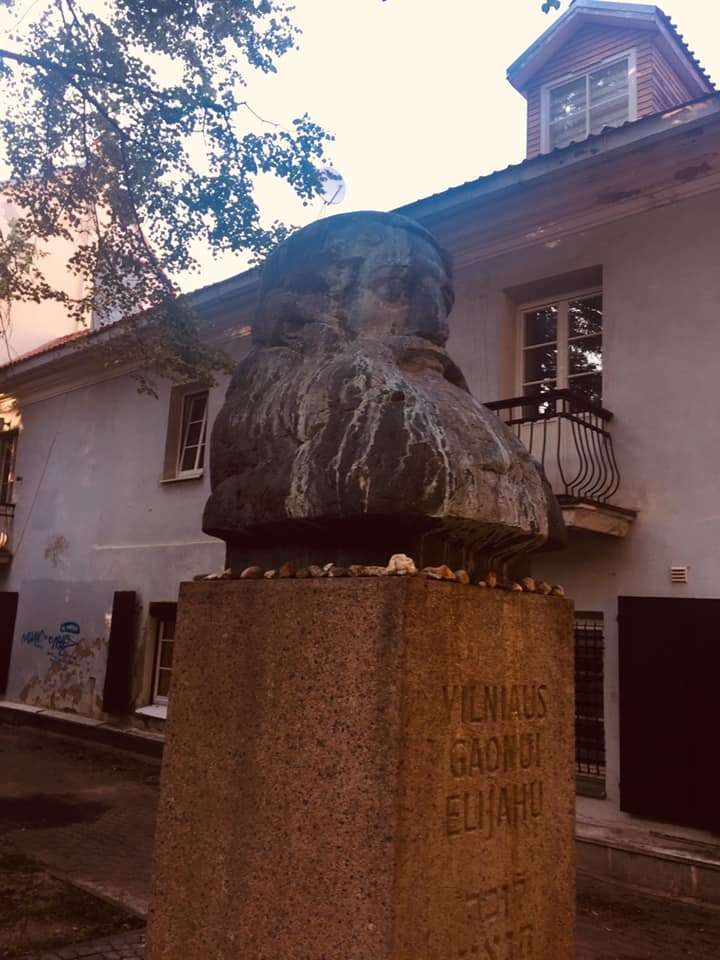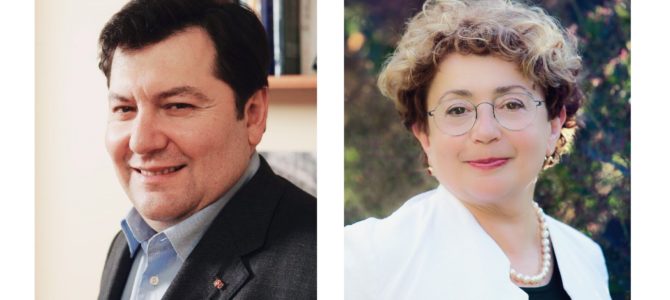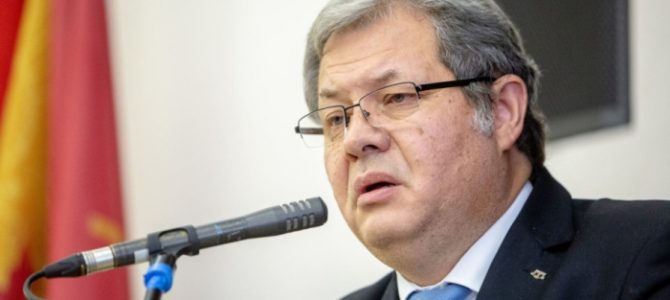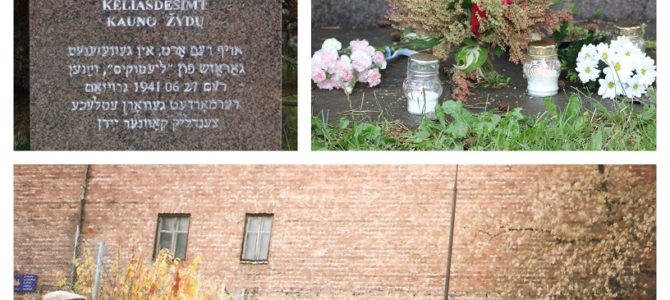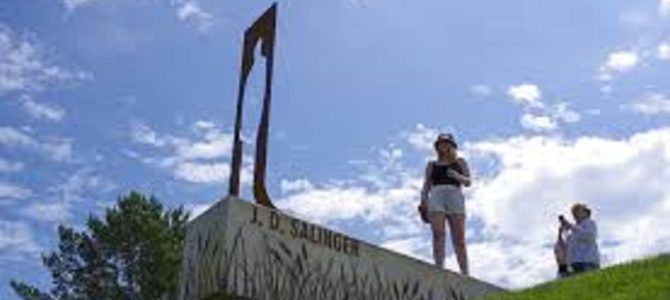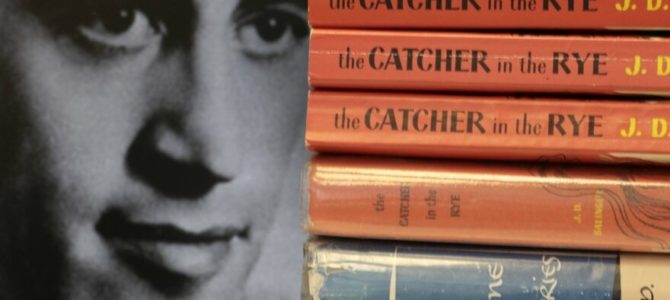Thursday, July 2, 2020–European Jewish Congress president Dr. Moshe Kantor has written to Portugal’s president of the Assembly of the Republic Eduardo Ferro Rodrigues calling on him to insure that a law passed in 2013 which provides Sephardi Jews with the possibility to apply for Portuguese citizenship is not harmed by recent attempts to pass amendments which would damage the applicability, intention and spirit of the original law.
“I urge you to amend the administrative flaws in the implementation of this historic law without losing sight of, or endangering, what is essential: the opening of a real, achievable path to citizenship of the Portuguese Republic to the descendants of persecuted Portuguese Sephardic Jews,” Dr. Kantor wrote. “This act of tolerance and reconciliation is as relevant, symbolic and inspiring to other nations as it was when it was approved five years ago.”
In recent years there has been a discernible increase in the number of applications by Sephardi Jews for Portuguese citizenship, and some parliament members have sought ways to stem the numbers, including proposing that applicants must reside in Portugal or have a “effective connection” to the Iberian nation.



